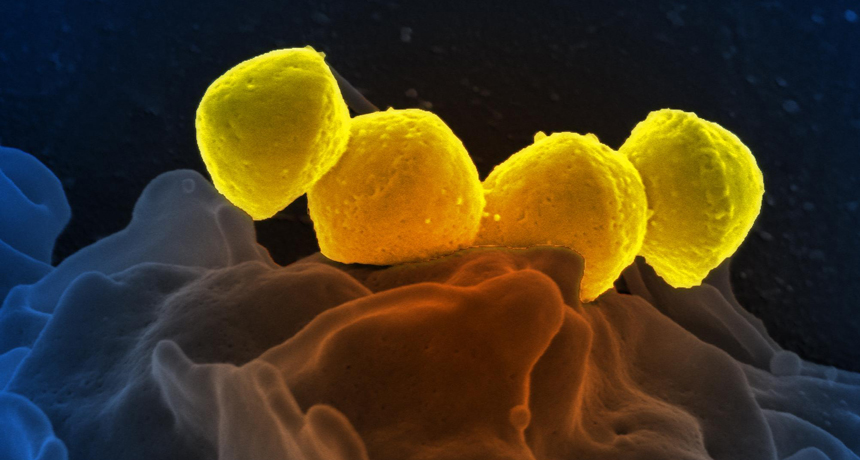
One person infected with strep bacteria might get a painful sore throat; another might face a life-threatening blood infection. Now, scientists are trying to pin down why.
Variation between individuals’ immune systems may not be entirely to blame. Instead, extra genes picked up by some pathogens can cause different strains to have wildly different effects on the immune system, even in the same person, researchers report January 11 in PLOS Pathogens.
The idea that different strains of bacteria can behave differently in the body isn’t new. Take E. coli: Some strains of the bacteria that can cause foodborne illness make people far sicker than other strains. But bacteria have exceptionally large amounts of genetic variation, even between members of the same species. Scientists are still trying to figure out how that genetic diversity affects the way microbes interact with the immune system.
Any species of bacteria has a core set of genes that all its members share. Then there’s a whole pot of genes that different strains of the species pick and choose to create what’s known as an accessory genome. These genes are custom add-ons that specific strains have acquired over time, from their environment or from other microbes — something like an expansion pack for…
The post Not all strep infections are alike and it may have nothing to do with you appeared first on FeedBox.